I wanted to avoid flying during my surf-trip to Iberia, so I only used trains and buses instead. My trip took me from my home in Germany through France, Spain, Portugal, and back. Altogether this went really well. I was impressed by the punctuality and comfort of French TGVs and Spanish Renfe long-distance trains. In contrast, most German trains that I’ve used recently, were running late or even broke down along the way. Case in point: the first leg of my journey, a night train from Munich to Paris, was scheduled for 0:04 am, but had more than 2h of delay!
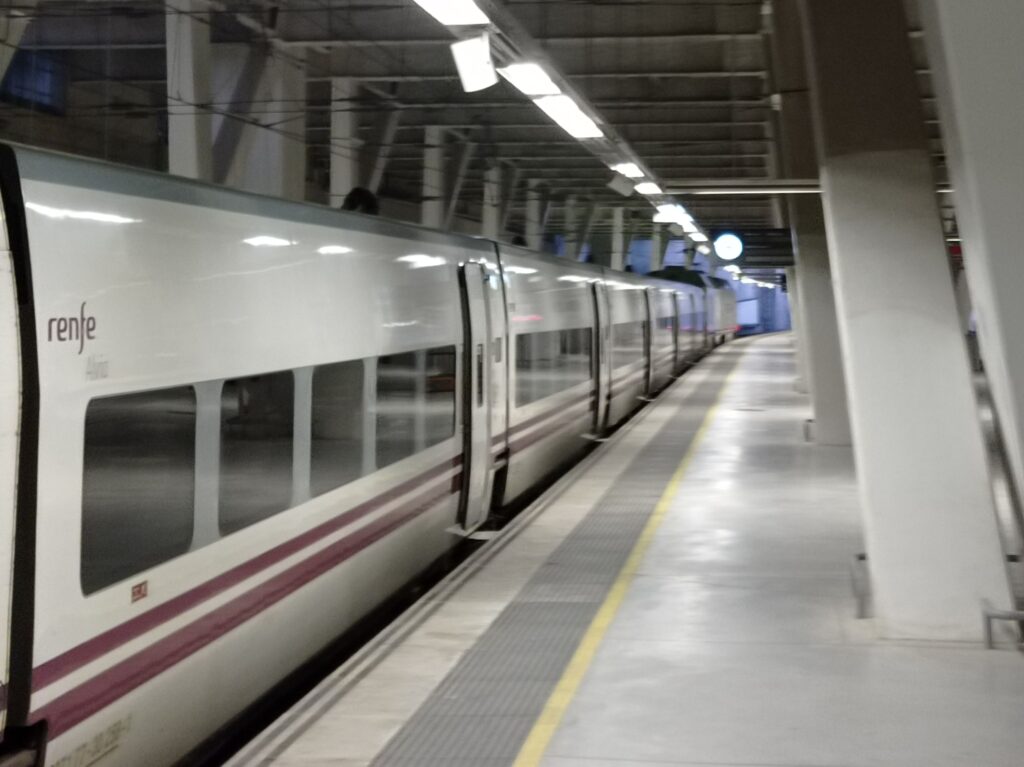
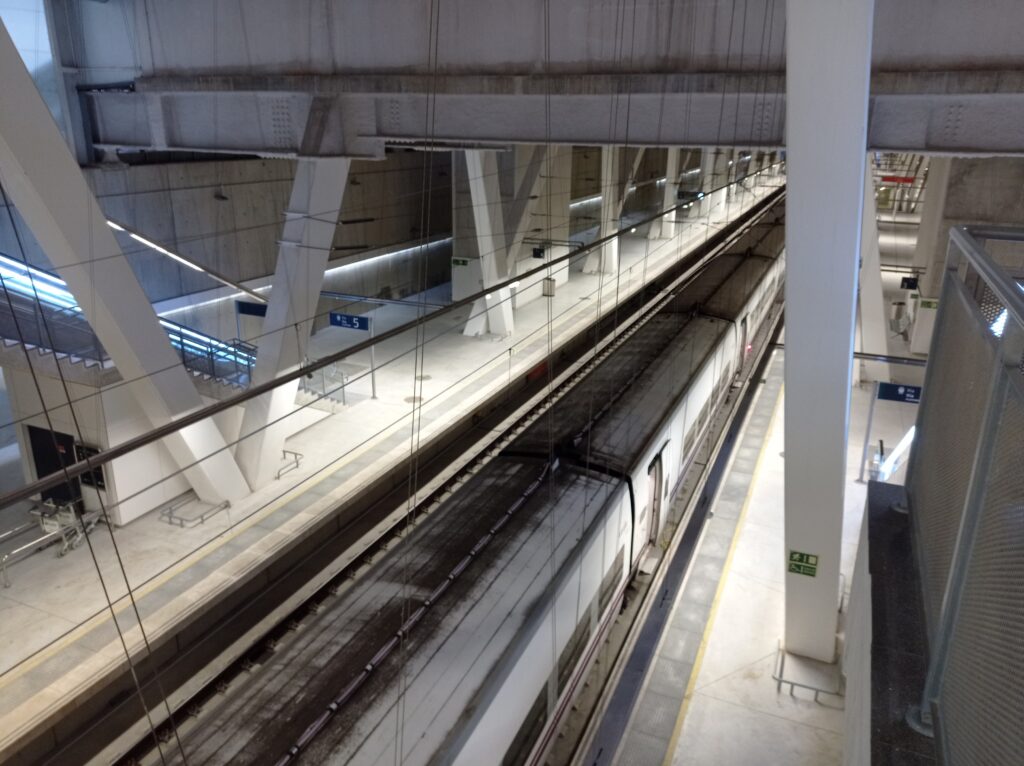
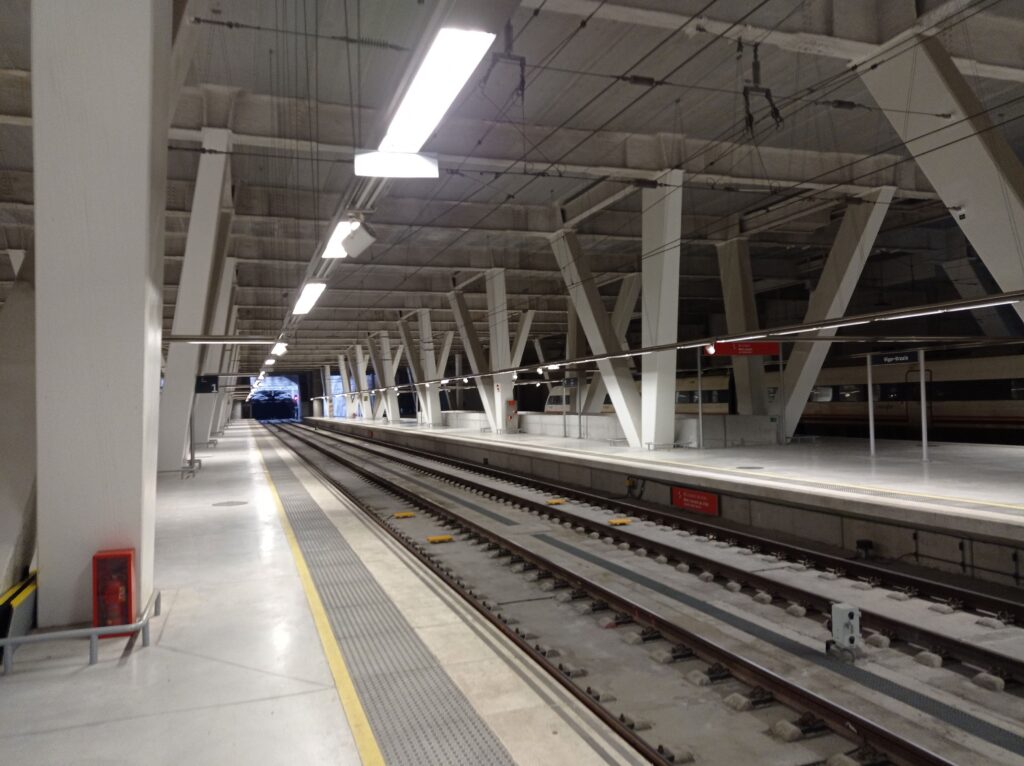
When I had planned the trip, I thought it’d be a good idea to get an Interrail pass and save money on train tickets. But I also knew that some trains require reservation fees on top of that. And that some remote areas would not have great train connections. Or no railroad tracks at all, forcing me to pay extra for buses.
So let’s do the math and see how it played out:
| Product | From | To | Interrail Price * | Regular Price ** | Notes |
|---|---|---|---|---|---|
| Interrail Pass (15 days in 2 months) | 493 | 0 | in hindsight the cheaper “10 days in 2 months” pass would have been more than enough; would have costed 401 EUR | ||
| ÖBB NachtJet (train, couchette) | München (Munich) | Paris | 40 | 115 | including a tiny breakfast snack |
| TGV InOui (train) | Paris | Biarritz | 20 | 65 | |
| Flixbus (bus) | Biarritz | Donostia (San Sebastian) | 7 | 7 | bad train connection due to gauge change |
| Euskotren (commuter train) | Donostia | Bilbao | 7 | 7 | does not participate in Interrail |
| Renfe (train) | Bilbao | Madrid | 7 | 55 | |
| Renfe (train) | Madrid | Vigo | 7 | 69 | |
| Renfe (train) | Vigo | Viana do Castelo | 9 | 9 | could have saved 2 EUR by buying a reservation at the train station |
| Rede Expressos (bus) | Viana do Castelo | Esposende | 6 | 6 | Esposende does not have a train station |
| Rede Expressos (bus) | Esposende | Viana do Castelo | 6 | 6 | Esposende does not have a train station |
| Comboios De Portugal (train) | Viana do Castello | Moledo de Minho | 0 | 3 | my first free train ride on this Interrail trip |
| Comboios De Portugal (train) | Moledo de Minho | Valença | 0 | 3 | my last free train ride on this Interrail trip |
| ALSA (bus) | Valença | Santiago de Compostela | 32 | 32 | had to reschedule on short notice; could have been 16 EUR |
| Renfe (train) | Santiago de Compostela | A Coruña | 7 | 8 | |
| ALSA (bus) | A Coruña | Xixón (Gijón) | 32 | 32 | train would have meant a huge detour |
| Rental Car | Xixón (Gijón) | Santander | – | – | with stops in the Picos de Europa, which are hard to explore by either train or bus |
| ALSA (bus) | Santander | San Vicente | |||
| ALSA (bus) | San Vicente | Donostia (San Sebastian) | |||
| Euskotren | Donostia (San Sebastian) | Hendaia (Hendaye) | 3 | 3 | just past the French border; train does not go any further, because of the gauge change |
| TGV InOui (train) | Hendaia (Hendaye) | Paris | 20 | 82 | |
| ÖBB NightJet (train) | Paris | München (Munich) | 20 | 100 | just a regular seat; couchette was sold out when I booked 2 weeks earlier |
| assorted public transport (tram, subway, bus, cable-car, …) | Paris, Bilbao, Madrid, Santander, … | – | – | none of this was included in Interrail | |
| Total | 716 | 602 | Interrail loses by 114 EUR! |
** I did not keep track of all regular prices at the time I made my Interrail reservations; regular prices may vary based on availability, season, time of purchase, etc.
So I may have wasted more than 100 EUR by using an Interrail pass for this trip. In hindsight I could have bought a cheaper pass, because 10 travel days would have been more than enough. But even then, I might have lost around 20 EUR compared to just paying the regular fares.
Not sure though, if I’d had always gotten the best fares. I booked some of the train-rides on short notice, so I might have paid a little extra. Also, the Interrail pass gave some degree of predictability. Had I decided to visit more big cities on the trip, it would not have cost much more.
But I mostly visited smaller towns along the coast. While most of them were on to the railroad network, the connections were not great. Some trains would go only a few times a day. Or they had to make big detours. Other places were serviced by regional trains with loads of stops. These trains were mostly operated by independent companies and did not participate in Interrail at all. On the other hand, regular fares were much cheaper than back home in Germany. Same for the many long-distance buses, which turned out to be fastest way to travel along the coast in northern Portugal and northern Spain.

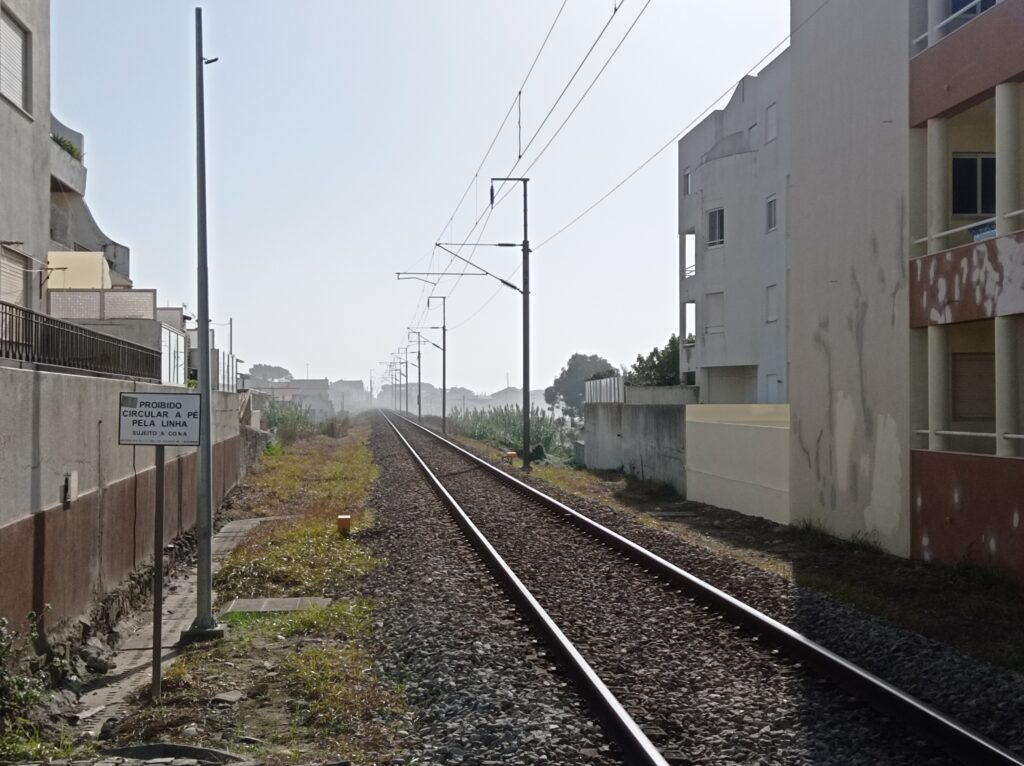
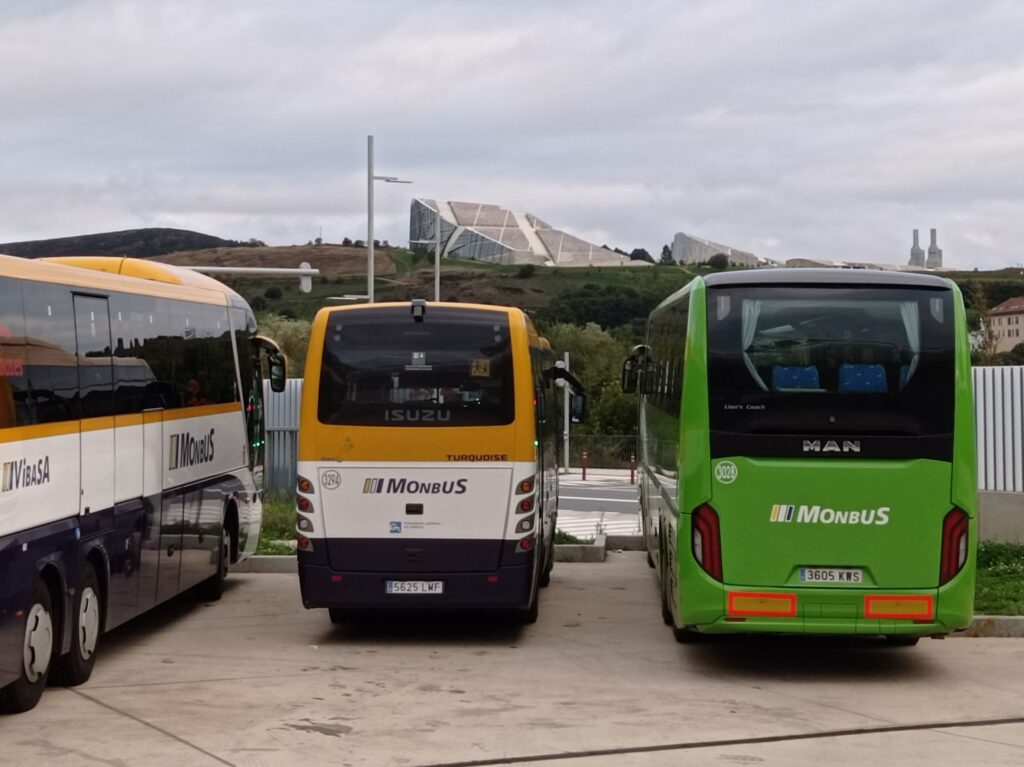
In summary, my Interrail pass wasn’t the big money-saver that I had been hoping for. But in the end I got everywhere I wanted to go for a reasonable price. Plus, the Interrail pass and most of the other fares got reimbursed from my Flexible Mobility Budget.
Don’t get me wrong, I still think that Interrail is a great offering. It will pay off when visiting countries with denser railway networks. Or when traveling between many bigger cities throughout Europe. But it may require more careful planning upfront.
Also, the hassle of getting reservations should not be underestimated. Most countries require them for long-distance trains. In some countries you can get Interrail reservations online at the booking sites of the national railroad companies, or on the Interrail website or mobile app. But in Spain this does not work at all: you can only get Interrail reservations on location at a major long-distance train station. Well, you can also place a pre-reservation through a phone hotline, but you’ll still have to pickup the reservation at a train station at least 24 hours before the scheduled departure of the train. I sure hope they’ll fix this inconvenient practice eventually.
Comments are closed.